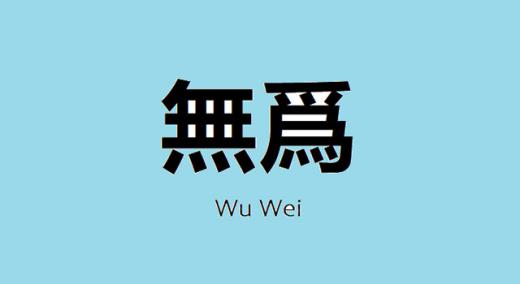Body
In today’s column, I am looking at wu wei, which is an important concept detailed in the Chinese classic text, Tao Te Ching. This term is generally translated into English as wu = no, wei = action, or no action. There are other similar concepts in Taosim such as wu shin or no mind.
…
Want to continue?
Log in or create a FREE account.
By logging in you agree to receive communication from Quality Digest.
Privacy Policy.

Add new comment